Houseplants bring life and colour to any room, but unfortunately, they can also attract unwanted visitors in the form of ants. Ants can infest your houseplants and cause damage to the plants themselves as well as the surrounding area. If you notice ants on your houseplants, it is important to take action quickly to prevent the infestation from spreading. In this article, we will explore what to do about ants on houseplants.
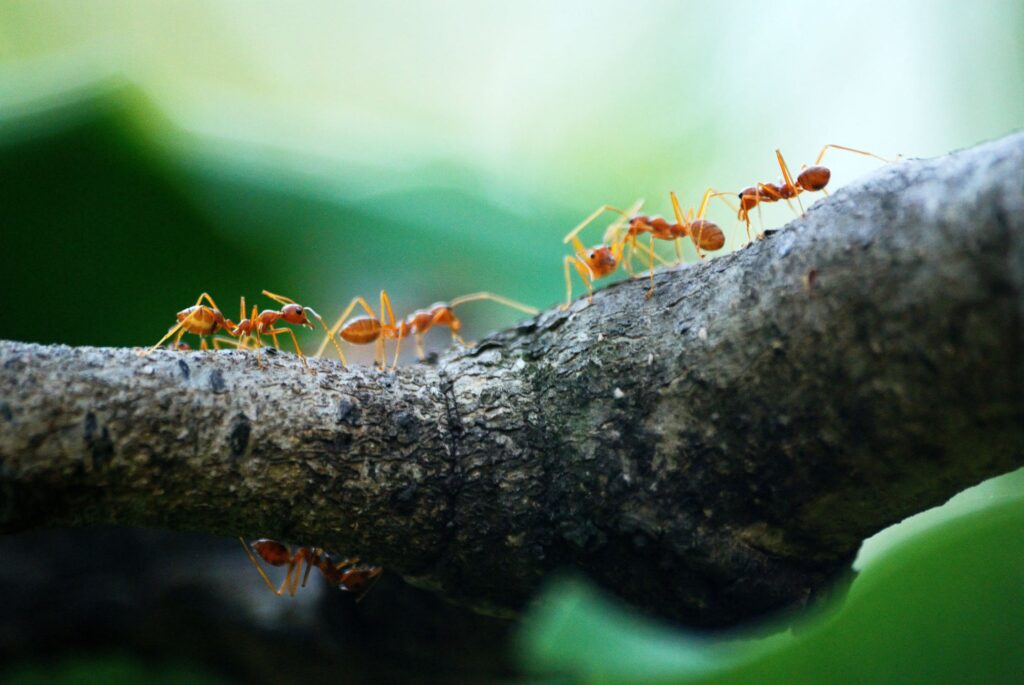
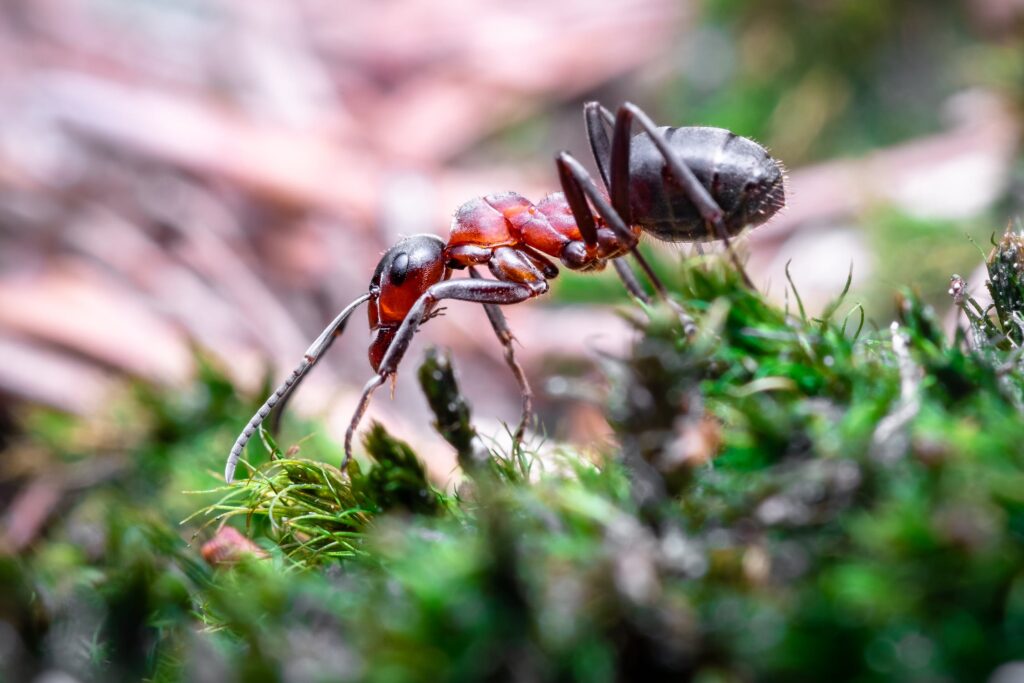
Table of Contents
Why Ants Are Attracted to Houseplants
Ants are attracted to houseplants for a variety of reasons. One of the main reasons is that houseplants provide a source of food and shelter for ants. Houseplants produce sweet sap, which ants love to feed on. Additionally, ants are attracted to the warm and moist environment that houseplants provide, making them an ideal place for ants to live and reproduce.
Another reason ants are attracted to houseplants is that they can provide a bridge for ants to enter your home. Ants can crawl up the stem of a plant and then into your home through small cracks and crevices. Once they are inside, they can infest your home and cause damage to your property.
How to Identify an Ant Infestation on Houseplants
Ant infestations on houseplants can be difficult to spot, especially in the early stages. However, there are a few signs that you can look for that may indicate an ant infestation on your houseplants.
The first sign of an ant infestation on houseplants is the presence of ants themselves. If you notice ants crawling on your houseplants, it is a clear sign that there is an infestation. You may also notice ant trails leading to and from your houseplants.
Another sign of an ant infestation on houseplants is the presence of aphids. Ants often cultivate aphids on houseplants because they produce honeydew, a sweet substance that ants love to feed on. If you notice small, pear-shaped insects on your houseplants, they may be aphids.
Lastly, you may notice damage to your houseplants, such as wilted or yellow leaves. This can be a sign of an ant infestation, as ants can damage the roots of plants and cause them to become stressed.
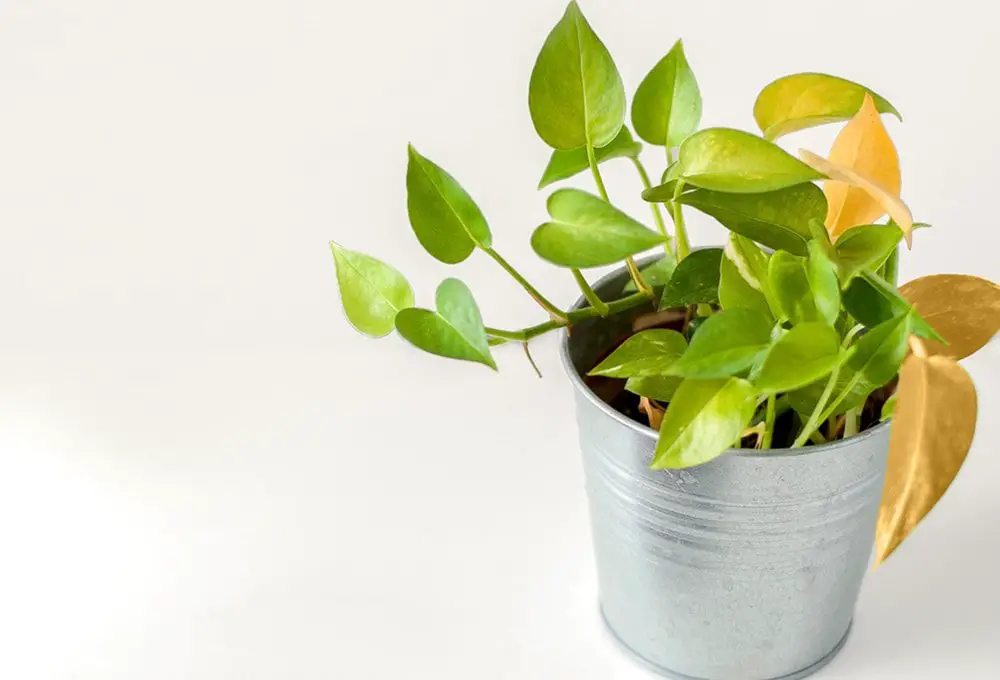
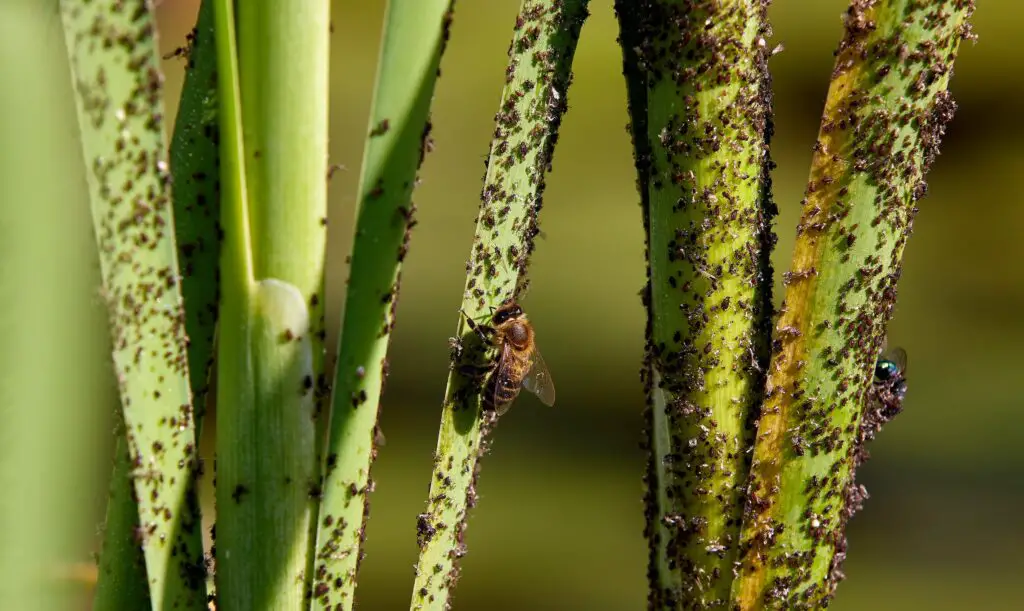
How to Get Rid of Ants on Houseplants
If you have identified an ant infestation on your houseplants, it is important to take action quickly to prevent the infestation from spreading. There are several methods you can use to get rid of ants on houseplants, including:
Remove Ants Manually
One of the simplest ways to get rid of ants on houseplants is to remove them manually. This can be done by wiping the ants off the plant with a damp cloth or by using a vacuum cleaner to suck them up. While this method may be effective in the short term, it is not a permanent solution and may not remove all the ants from your houseplants.
Use a Natural Repellent
Another way to get rid of ants on houseplants is to use a natural repellent. There are several natural repellents that you can use, including:
- Cinnamon: Ants hate the smell of cinnamon. Sprinkling cinnamon powder around your houseplants can help keep ants away.
- Peppermint oil: Ants are repelled by the strong smell of peppermint oil. You can mix a few drops of peppermint oil with water and spray it on your houseplants.
- Vinegar: Vinegar is a natural ant repellent. You can mix equal parts water and vinegar and spray it on your houseplants to keep ants away.
Use Ant Baits
Ant baits are a popular way to get rid of ants on houseplants. Ant baits work by attracting ants with a sweet substance that is mixed with a toxic chemical. The ants carry the toxic substance back to their colony, where it is shared with other ants, ultimately leading to the eradication of the colony.
When using ant baits on houseplants, it is important to choose baits that are specifically designed for indoor use and safe for plants. You should also place the baits in areas where ants are commonly seen, such as near the base of the plant or along ant trails.
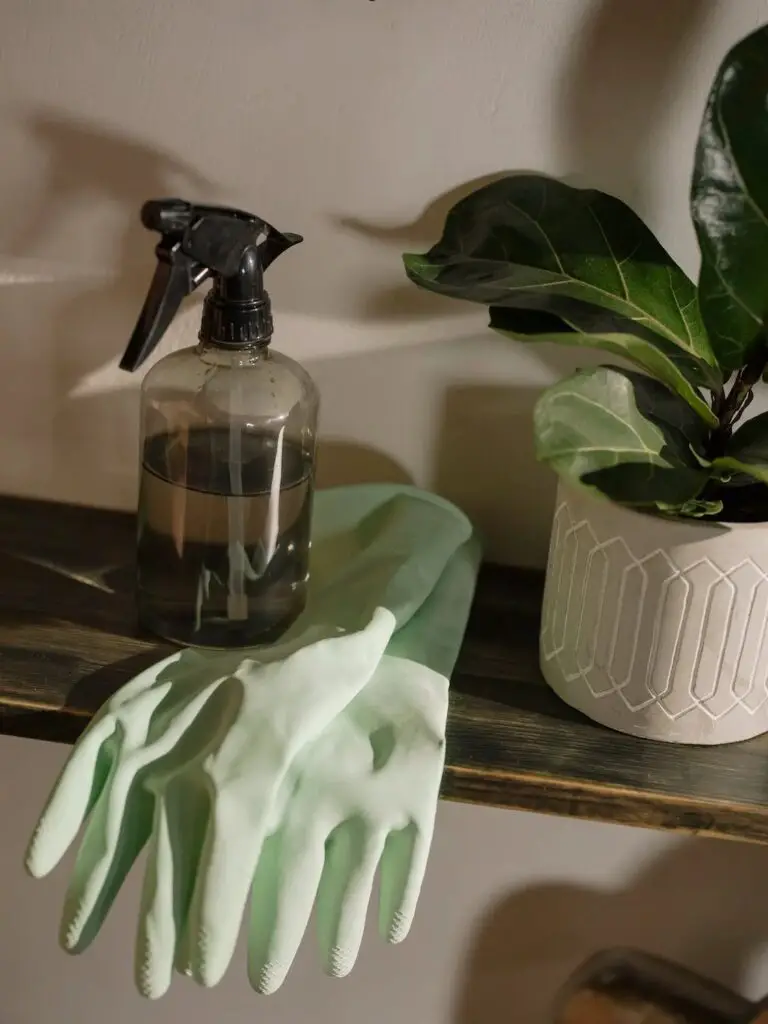
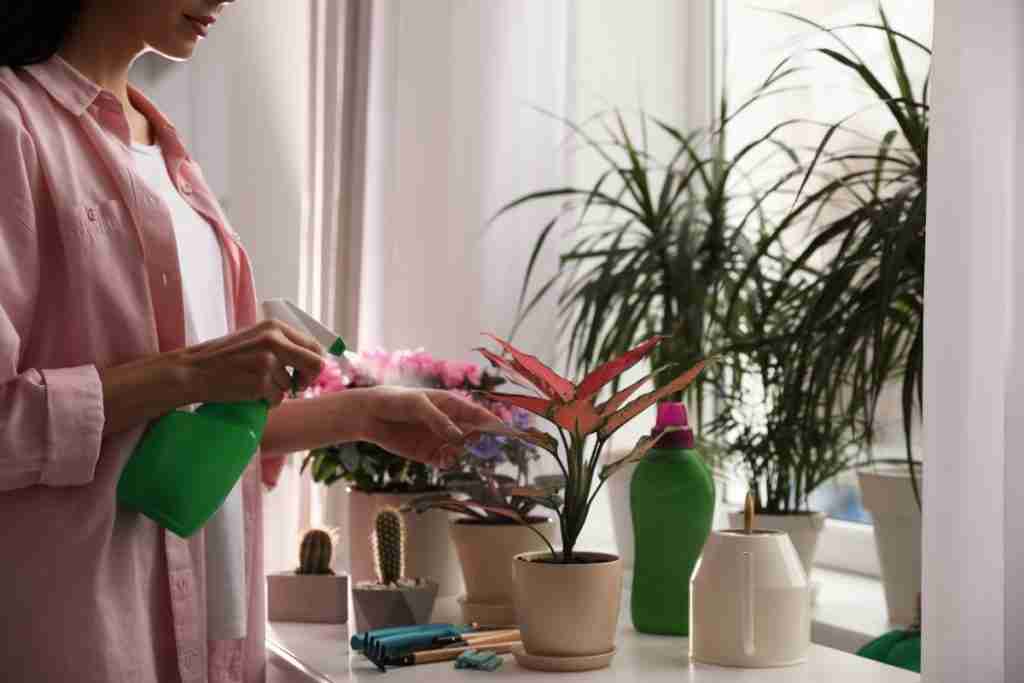
Repot the Plant
If the ant infestation on your houseplant is severe, you may need to repot the plant. Repotting the plant involves removing it from its current pot and replacing the soil with fresh soil. This can help remove any ants and their colonies that may be living in the soil.
When repotting a plant, it is important to remove as much of the old soil as possible, as this is where ants and their colonies are likely to be hiding. You should also clean the roots of the plant to remove any remaining soil or ants.
Preventing Ant Infestations on Houseplants
Preventing ant infestations on houseplants is the best way to avoid dealing with them in the first place. Here are some tips for preventing ant infestations on houseplants:
Keep Your Houseplants Clean
Keeping your houseplants clean can help prevent ant infestations. Regularly wiping down the leaves of your houseplants with a damp cloth can remove any sugary residues that may attract ants.
Check Your Houseplants Regularly
Regularly checking your houseplants for signs of ant infestations can help catch them early before they become a problem. Look for signs of ants, aphids, or plant damage.
Keep Ants Out of Your Home
Keeping ants out of your home is an important step in preventing ant infestations on houseplants. Seal any cracks or crevices in your home that ants may use to enter, and keep your home clean and free of crumbs or other food sources that may attract ants.
Use Ant Barriers
Ant barriers can help prevent ants from crawling up the stems of your houseplants. You can create an ant barrier by placing a line of sticky tape or petroleum jelly around the base of your plant.
Conclusion
Ants on houseplants can be a nuisance, but they can be dealt with effectively using the methods outlined above. Remember to act quickly when you notice an ant infestation on your houseplants to prevent the infestation from spreading. Additionally, taking preventative measures can help prevent future ant infestations on your houseplants. By keeping your houseplants clean, checking them regularly, keeping ants out of your home, and using ant barriers, you can keep your houseplants healthy and free of ants.
